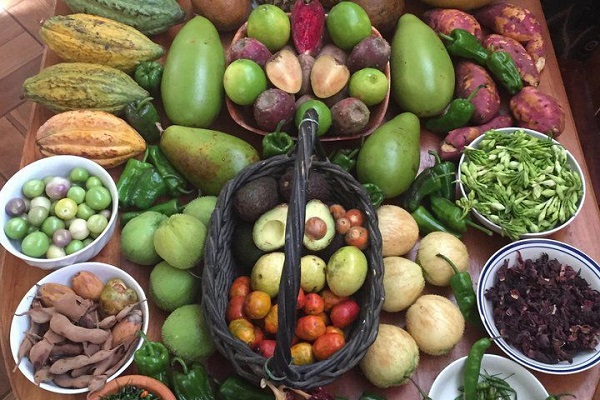Compared to other ECOWAS countries, Nigeria’s export of fresh fruits and vegetables has slumped in the last six years, causing huge losses to farmers and the country in terms of revenue.
This, stakeholders claimed, is part of the reasons why airlines depart the country without exportable goods, a development that has been linked with loss of foreign exchange for the country.
The Senior Project Manager, COLEACP, Wester Schepers, who gave a graphical illustration of African countries performances, said Nigeria’s export of the commodities dropped since 2016, noting that as at 2019, Niger Republic and Côte d’Ivoire exported most fresh fruits and vegetables from the sub-region.
Schepers said: “Niger exports 21 per cent, Côte d’Ivoire 21 per cent, Ghana17 per cent, Senegal 16 per cent, Burkina Faso nine per cent, Mali five per cent, Togo five per cent and Nigeria three. “In terms of total agro commodities from ECOWAS countries, Côte d’Ivoire contributed 42 per cent, Ghana 18 per cent and Nigeria eight per cent. Others were Senegal seven per cent, Niger six per cent, Burkina Faso six per cent, Benin Republic four per cent and Guinea-Bissau three per cent. Togo two per cent, Guinea two per cent, Mali one per cent and Gambia one.
According to him, the major markets for the country’s fresh fruits and vegetables to the United Kingdom is 74 per cent, Netherlands five per cent, Spain 11 per cent and Germany one per cent.
“Even if the trade with EU+UK is low, main exported commodities are processed mixtures of fruit and nuts, fresh ethnic roots and tubers and other nuts. Nuts exports are increasing. Exports of roots and tubers are increasing too, but are experiencing a decrease after a peak in 2018.”
The agro commodities exporters and other stakeholders, who bemoaned the development, attributed it majorly to the continuous rejection of the country’s agro produce, which they attributed to alleged ineptitude of the regulatory agencies.
In 2013, a total of 24 agro-products originated from Nigeria but exported to the United Kingdom were rejected, while the figure increased to 42 in 2014. In 2016, 24 exported food products were also rejected.
He said: “They are given budgets to monitor all these things. So, you cannot just promote export and not monitor what is being exported. Other countries that are exporting have monitoring agencies that inspect farms, inspect processes in farms and the transport between the farmhouse and the verge of export.
“The monitoring agencies in most responsible countries do the monitoring in those places, it’s like saying you have set up a road but you don’t have a traffic agency or policemen to maintain orderliness and you are wondering why people are driving against traffic.
“A road is not what gives you order, what brings order is the services that are there to monitor that people don’t drive against traffic. It is the same process between these agencies and the farmers.”
Sawyerr said though people would always cheat, farmers or exporters should not be blamed because they are after profit and they will cheat…”



